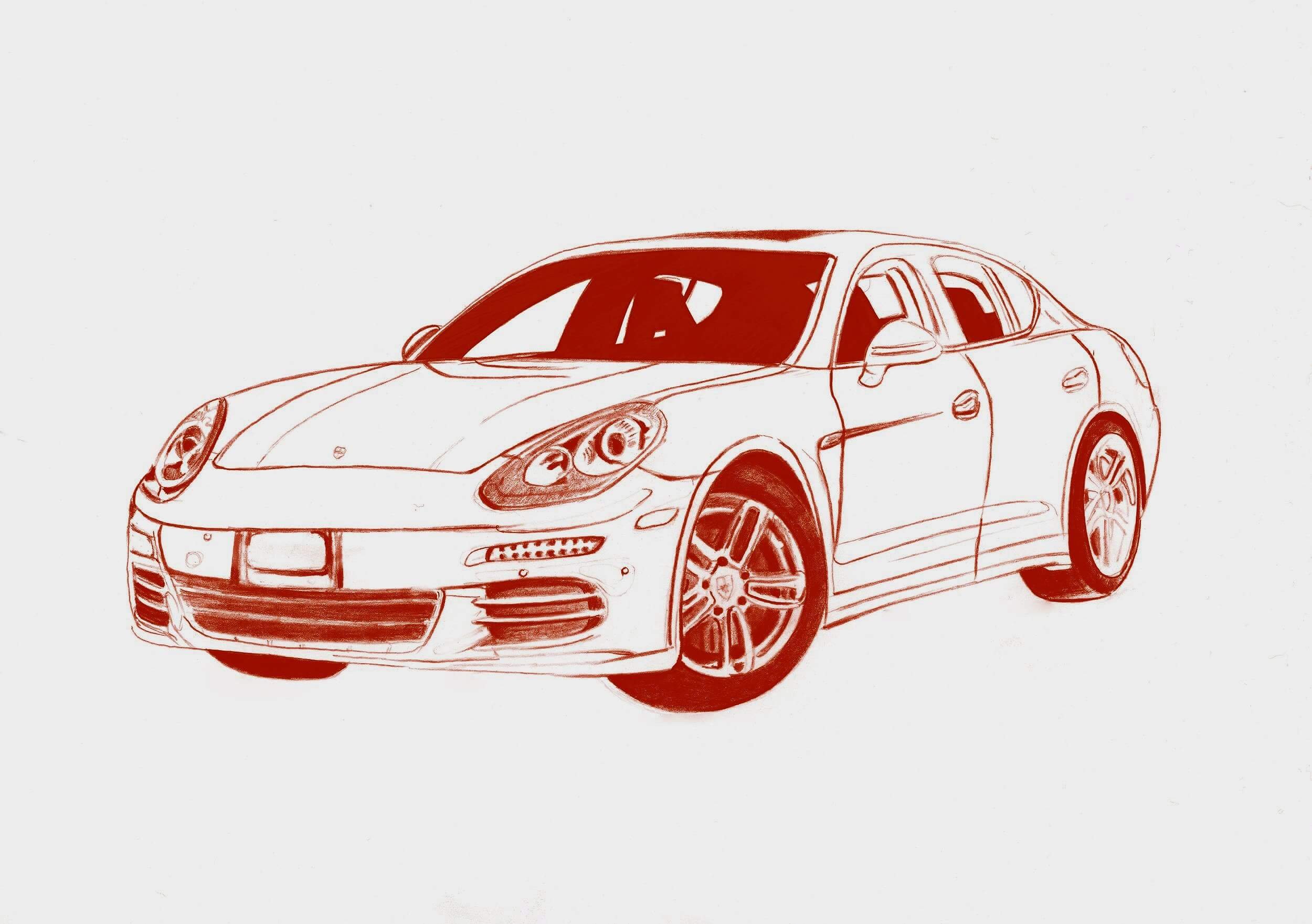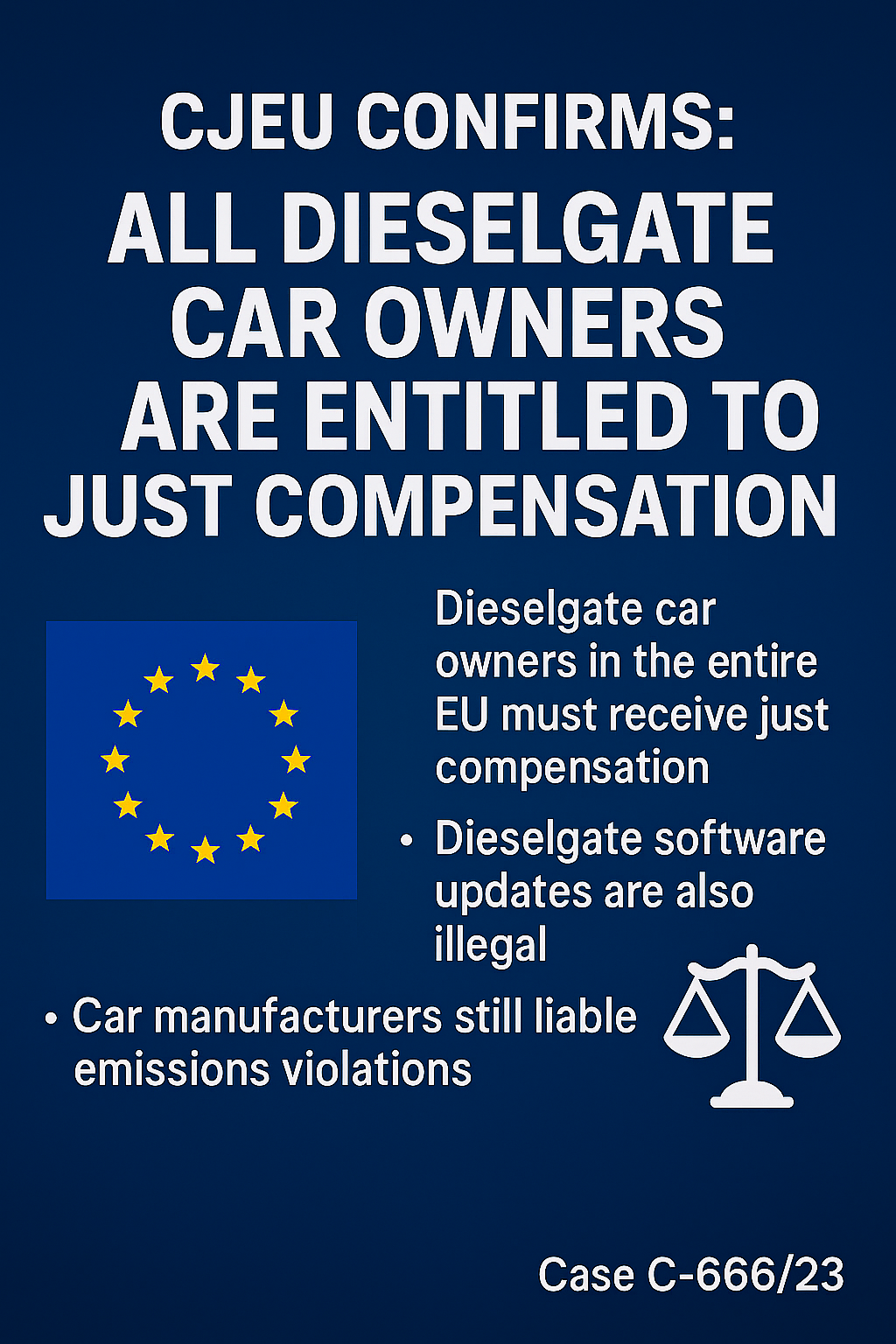Porsche's Dieselgate - Growth At The Expense Of Customers
Prospects for legal action better than ever
Porsche, this name stood in the 20th century for elegant sports cars with which Porsche became known worldwide and could establish itself permanently. With the turn of the millennium, Porsche also tried to reach other markets. Along with this, it introduced the Panamera sedan and the Cayenne SUV in the 2000s. This meant that the Porsche Group was now no longer just a sports car manufacturer. At the same time, this also marked the beginning of deeper cooperation with the Volkswagen Group, which eventually took over Porsche completely in 2012.
Fateful connection with Volkswagen
The change in the company's profile, as well as the subsequent takeover by Volkswagen, was responsible for significant sales increases for the Porsche Group, with total vehicle sales increasing fivefold from the 2000s. However, it also dragged Porsche into the shoals of the Dieselgate. This is because the integration with the Volkswagen Group meant that its technology also found its way into Porsche vehicles. The Porsche Cayenne, for example, is based on a platform shared with the VW Touareg and the Audi Q7. The diesel engines developed by VW and affected by Dieselgate were now installed in Porsche vehicles. This meant that Porsche had now launched vehicles on the market that emitted exhaust gases that were many times higher than those required by law. These additional emissions were concealed from the authorities by the use of inadmissible defeat devices.
This became known to a broad public in 2017 when the German Federal Motor Transport Authority began recalling Porsche vehicles precisely because of such inadmissible defeat devices. This was the starting signal for Porsche's involvement in a multitude of legal problems, which have not let go of the group to this day and have severely tarnished Porsche's image.
Porsche in the maelstrom of legal disputes
Porsche has so far had to pay a fine of 535 million euros for using the illegal defeat devices. Numerous employees of Audi and Volkswagen, who were responsible for the development and sales of the underlying engines, have already been charged. In addition, several criminal investigations have been initiated against active and former Porsche employees and numerous Volkswagen investors sued the Porsche Group for the role it played on the board of Volkswagen in the context of Dieselgate. At the same time, many customers successfully sued for damages on the grounds of immoral deception.
The prospects of success for customers in court are improving all along the line. While many lawsuits were initially dismissed, the courts have been awarding damages to more and more customers since 2018. At the same time, the number of potential cases is increasing because the responsible German Federal Motor Transport Authority is recalling more and more Porsche vehicles due to inadmissible defeat devices. For their part, the recalls are an important basis for justifying the claims for damages. Since, depending on the model, any claims for damages are subject to the statute of limitations in the near future, it is advisable not to wait too long before taking legal action.
After all, Porsche did react to the scandal. In the future, it will not offer any vehicles with diesel engines and wants to focus on its sporty brand core again.
Learn more about how to enforce claims for damages in Dieselgate cases here.










